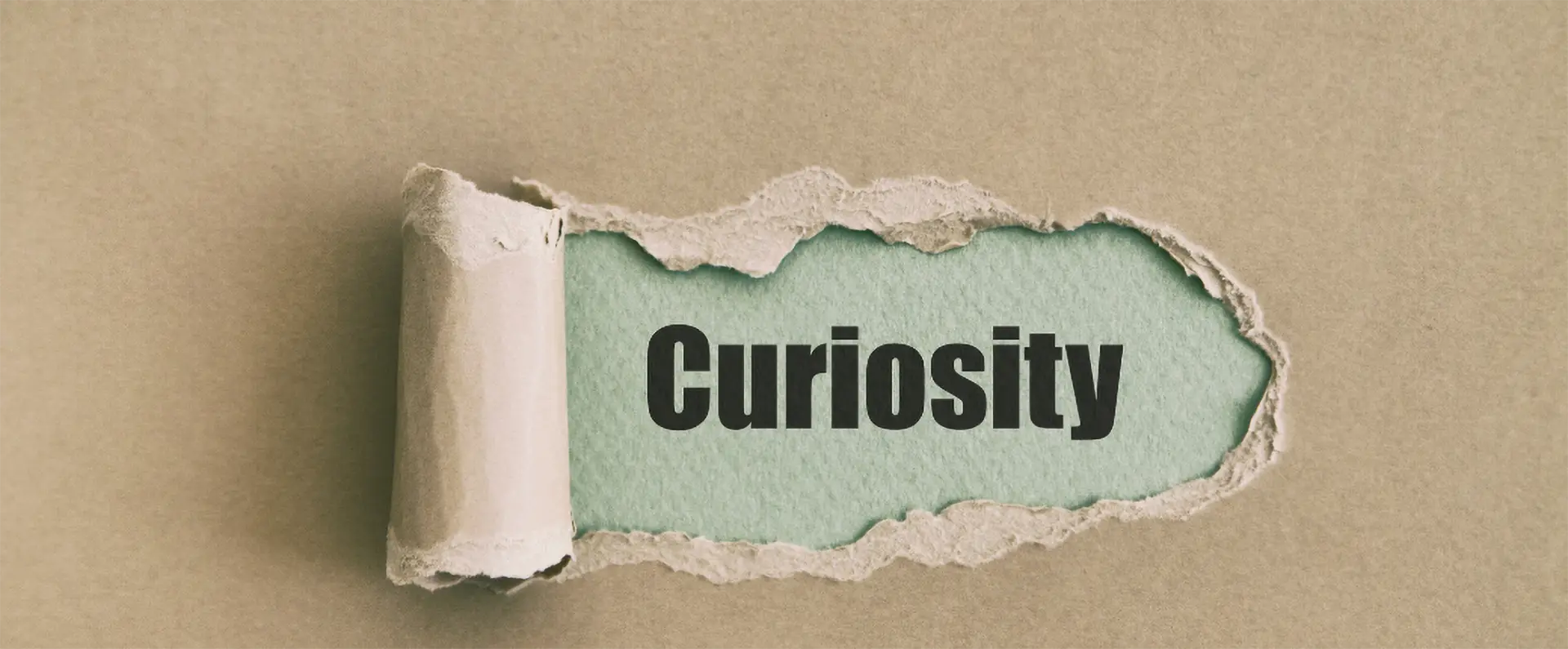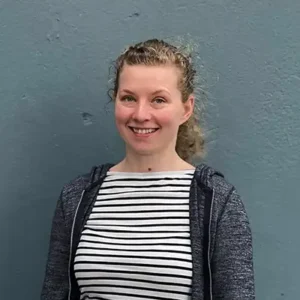As adults, we’re conditioned to believe that having all the answers is the ultimate sign of competence and wisdom. However, this view only works in situations where a “single correct answer” exists. And increasingly, that is not the world we are living in. Ours is full of contradictions that each have a merit, multiple valid choices that can take you down different paths, and trade-offs between one good thing and another. Nowadays, the real value comes from less from knowing the right way, and more from being able to imagine different worlds at the end of a decision.
Let go and be playful
Last month I was at an European Organisation Design Forum conference in Lisbon. At the start, we were invited to embrace a mindset of curiosity, using principles from improvisational theatre. “Let go” was the first – and I think this is more important than anything else I can say about the types of questions to ask. Be receptive to new ideas, even if they challenge your existing beliefs. Invite more play to help break out of conventional paths of thinking and experiment with possibilities.
Give yourself permission not to be right or wrong, but to try something different. Rather than seeking to control everything, accept that surprises will happen. Shift focus from precision to adaptation.
Face the fear and take risks
The discomfort of not knowing can be paralysing. It takes away our feeling of control over whether we fail or succeed (however right or wrong that feeling was!). But consider this: uncertainty is where creativity thrives. I recently went to a talk with the actor Andrew Scott (who you might know from Fleabag or Sherlock). He recalled a time where he played “C” in the Bond movie Spectre. He candidly shared that he was so intimidated to be a part of such an iconic production and so eager to excel that he played it safe with his character choices. Reflecting on this, Andrew said that this cautious approach led to his dissatisfaction with the role, and he felt he missed an opportunity to take a risk and make the character more original and memorable. It goes to show that to create your best work, you must have courage to go places you haven’t been before.
Build a connection
One great thing about genuine curiosity is how other people respond to it. Adam Grant, an organisational psychologist (best known for his “languishing” article in the lockdown days) says “Productive disagreements begin with curiosity, not persuasion” – when we listen to people, and they feel understood, they become more open and reflective. In the current world, where things are rarely black and white, this helps us appreciate diverse perspectives and strive for solutions that take them all into account.
What’s more, curiosity also builds empathy in us. When we inquire openly about other perspectives, cultures, and experiences, we gain a fuller picture of the world around us. It connects us and helps dismantle assumptions.
Curiosity opens doors to possibility. Will you join in the play?



